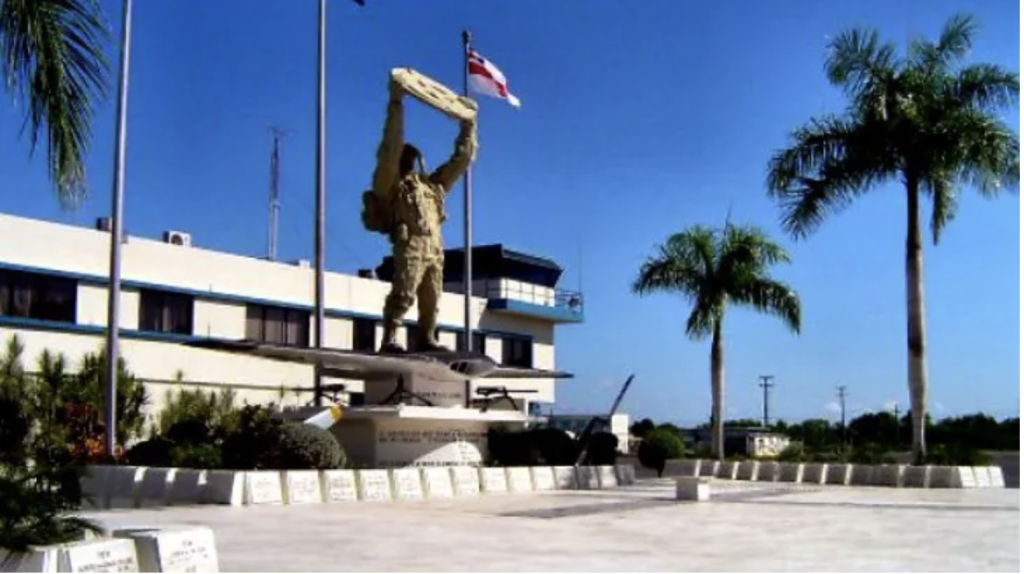
Presidential Decree 211-12 in the last year of the Leonel Fernandez administration declared the purchase of three military 3D radars of national security importance. The outgoing government advanced US$27.5 million to the Israeli supplier.
Now, Acento online service reveals that the radars for the Armed Forces security system was never operational, and that there have been no legal consequences against those who boycotted the project during the Danilo Medina administration.
According to the authorities at that time, the radar platform would support the operations of the Super Tucano aircraft in the fight against international drug trafficking and other related organized crime.
Acento reports that with the change of government, Minister of Defense, Lieutenant General Ruben Paulino Sem said the radars purchase was in a legal dispute. The radars reportedly were purchased in 2011 in an irregular manner.
Acento reports that during the eight years of Danilo Medina’s government, no resources were allocated to the project and the equipment and technology acquired are now obsolete and considerably deteriorated.
Acento said if operational, the Dominican Republic would have had, for the first time, its own radars to cover the southern and eastern areas of the country, including the southern part of Haiti, according to the contract. The supplier had guaranteed the radar system had the capacity to cover some 200,000 nautical miles, and detect aircraft up to the northern coast of South America.
According to experts, in the last two decades, the Dominican Republic would become the center of major drug distribution in transit to the United States, Puerto Rico, and Europe.
Acento explains that in December 2009, the Dominican and Israeli governments signed a contract to supply the Dominican Air Force (FARD) with three three-dimensional radars and a Command Control Center, at a cost of US$34 million; later an addendum for almost US$10 million was approved to expand the capacity of the project.
Of this amount, the Fernandez government disbursed US$27.5 million as an initial payment to the supplier.
Of the three radars consigned in the project, only one ELM-2106NG, built by the Israeli company ELTA System Ltd, which at that time was qualified as one of the leading companies in the design and manufacture of military technology, was installed.
As of August 2012, during the Danilo Medina presidency, the Armed Forces abandoned the installation of the radars system, which motivated the company to threaten to terminate the contract due to non-compliance in the final payments.
The last appropriation in the budget of the Armed Forces was RD$400 million to cover pending payments for the project at the San Isidro Air Base.
Acento concludes that despite the importance and scope of the project, the past authorities were never interested in completing the installing the expensive equipment.
Read more in Spanish:
Acento
2 June 2022

